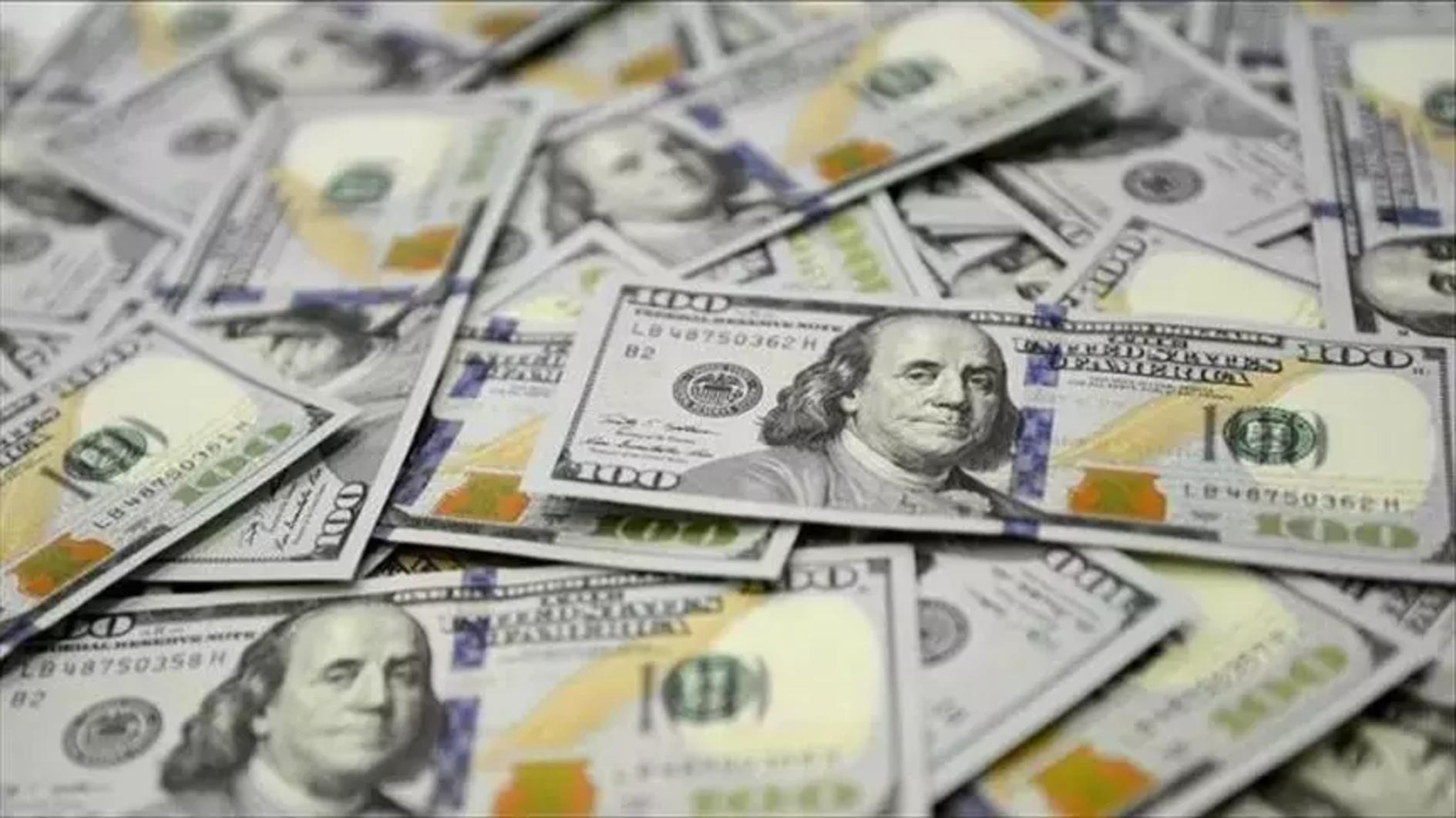Turkey is not a hopeless case
Turkey is preparing for a fateful election. If the ruling party wins again then democratic prospects will look quite grim, at least according to most opposition and foreign observers. But I have started to think that the majority of commentaries by foreign observers of Turkey are rather unfair and over-pessimistic. Pessimism concerning Turkey is not groundless, but it should not hinder positive thinking altogether. What’s more, the concept of “political culture” is not a good guide for understanding the reasons behind democratic problems in the country.
First of all, the “crisis of democracy” is not peculiar to Turkey, as even the advanced Western democracies are in deep trouble nowadays. It is also not only today’s problem, as Western democracies have suffered from democracy crises many times in the recent past. We should remember that the birthplace of Western civilization, Italy, has been governed by Silvio Berlusconi three times.
I am not being defensive or underestimating Turkey’s deep troubles. I am simply trying to underline the fact that “political culture” is not necessarily a reliable reference as it can block understanding of opposition dynamics and the possibility of change. The long commentary by writer Ella George on Turkey published on May 24 in the London Review of Books made me realize once again that I am tired of portrayals of Turkey as a “hopeless case.”
In fact, nowadays Turkey’s opposition is more vibrant than ever. Its political discourse has been changed in a positive direction. The Republican People’s Party (CHP) presidential candidate has visited the Kurdish issue-focused Peoples’ Democratic Party’s (HDP) jailed leader and called for his release, the Muslim conservative Saadet Party’s leader has denounced exploitation in the name of religion, and even nationalist candidate Meral Akşener has chosen to focus on the economy in her campaign rather than Turkish nationalism. Moreover, all the opposition parties are allied on bringing back the parliamentary system. This may not be enough to win the election, but it is nonetheless a positive direction for Turkey’s politics.
George’s article is a good summary of the recent history of Turkey’s politics. But it fails to note some important issues like the judiciary’s attempt to ban Recep Tayyip Erdoğan’s Justice and Development Party (AKP) as late as 2008 as a significant breaking point for the Islamist party. This was a turning point as the party saw it as proof that the establishment would do anything to remove it from power.
George is right to point out that neither the republican political line nor the conservative Islamist line are true believers in democracy, but this does not necessarily lead to her claim that the Kurdish party is the only democratic party in Turkey. In fact, all political parties and currents in Turkey have their weaknesses, and “leader worshipping” rather than emphasizing political principles is one of them. The republicans worship the founder of the Republic of Turkey, Mustafa Kemal Atatürk; Erdoğan is the hero of the Islamists; and outlawed Kurdistan Workers’ Party (PKK) leader Abdullah Öcalan has a god-like image in the eyes of the Kurdish party. While George defines the HDP as an exceptionally democratic party, Öcalan is still a red line and nobody dares to criticize him in the party. I do not say this to discredit the HDP, but facts are facts and should not be distorted.
In sum, despite the many shortcomings in Turkey’s politics we should also acknowledge the possibility of change and appreciate some of the more positive developments going on.











